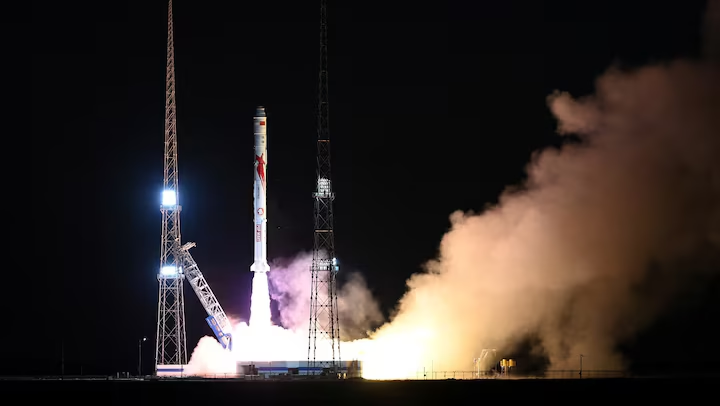Asia-Pacific stock markets saw mostly positive movements on Tuesday following the release of South Korea’s inflation data, which revealed a significant decline, reaching its lowest point in over three years. Investors across the region are interpreting these figures as a sign of potential economic stabilization, leading to increased confidence in several key markets.
South Korea’s Consumer Price Index (CPI) for August reported a year-on-year increase of 2%, marking a notable decrease from July’s 2.6%. This drop brings the inflation rate to its lowest level since March 2021, in line with predictions from a Reuters poll of economists. The easing inflation suggests that the South Korean economy is beginning to cool after a period of rising prices, which could influence future monetary policy decisions by the Bank of Korea.
On a month-to-month basis, the CPI rose by 0.4%, slightly above the 0.3% increase that had been anticipated. This marginal rise indicates that while inflationary pressures have not completely dissipated, they are moderating, providing a more favorable environment for economic growth.
The positive reaction to South Korea’s inflation data was reflected in several regional markets. Japan’s Nikkei 225 index saw a 0.18% increase in early trading, buoyed by gains in a range of sectors. Similarly, the Topix index rose by 0.38%, underscoring a broad-based rally.
South Korea’s Kospi index also experienced gains, rising by 0.17%, while the smaller Kosdaq index, which is more sensitive to domestic economic conditions, edged up by 0.02%. These increases suggest that investors are cautiously optimistic about the outlook for South Korea’s economy.
However, not all markets in the region followed this upward trend. In Australia, the S&P/ASX 200 index fell by 0.39%, reflecting concerns about the global economic environment and domestic challenges. This decline highlights the uneven recovery across the Asia-Pacific region.
In mainland China, the CSI 300 futures remained flat at 3,265.4, following a sharp decline to a seven-month low on Monday. The Chinese market has been particularly affected by ongoing issues in the real estate sector, which continue to weigh heavily on investor sentiment.
Hong Kong’s Hang Seng index futures also faced downward pressure, trading at 17,671 compared to the previous close of 17,691.97. The market remains sensitive to a range of external factors, including geopolitical tensions and economic uncertainties.
As U.S. markets were closed on Monday for the Labor Day holiday, investors are now focusing on how American markets will react when trading resumes. Early indications show a slight downturn, with futures for the Dow Jones Industrial Average, S&P 500, and Nasdaq-100 all pointing to a weaker start. This suggests that U.S. investors are approaching the week with caution, particularly in light of global economic concerns. Overall, while South Korea’s inflation data has brought a measure of relief to the Asia-Pacific region, the market reactions highlight the ongoing complexity and variability of the global economic landscape. Investors will continue to watch closely for further developments that could influence market trajectories in the coming weeks.









